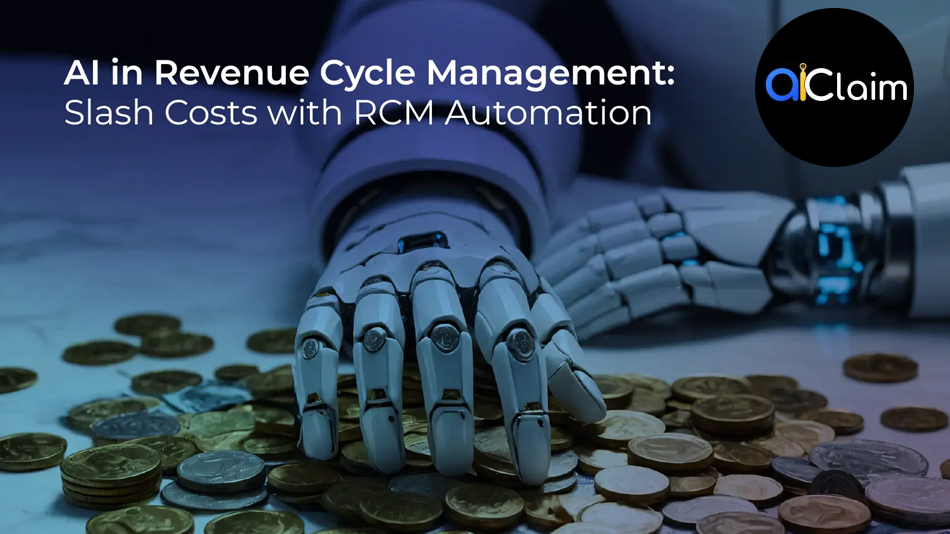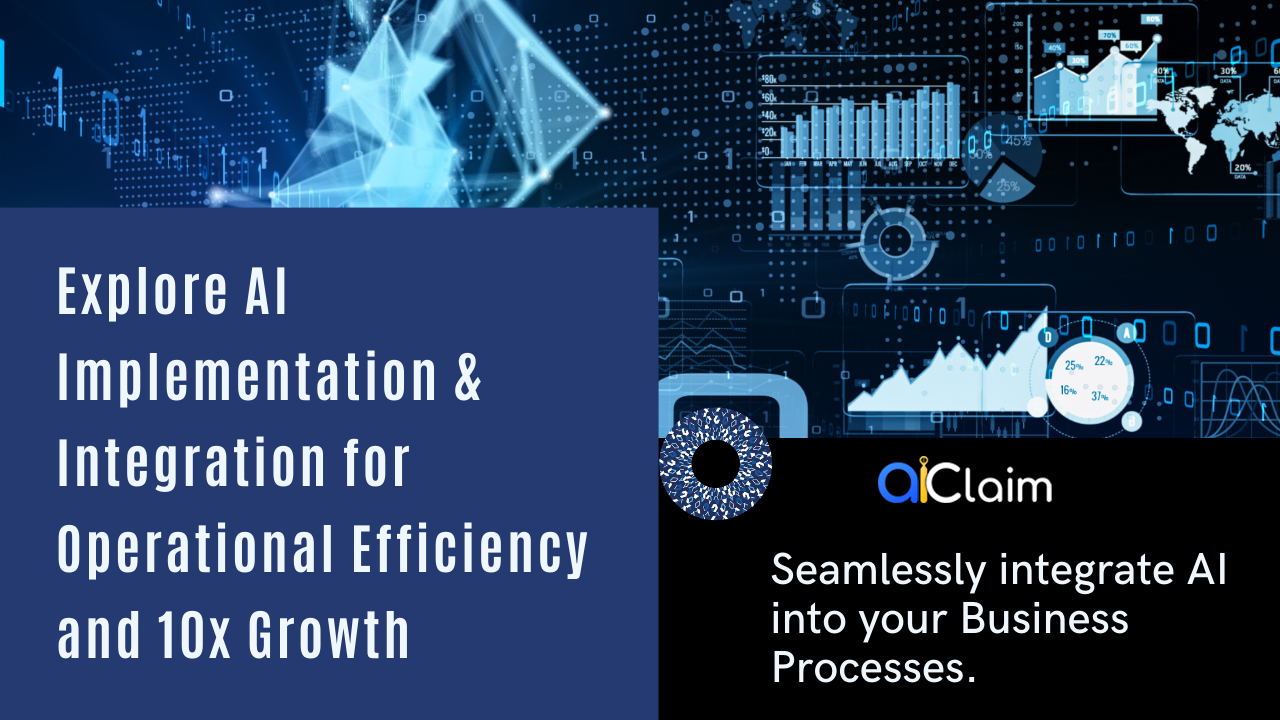In the rapidly evolving landscape of healthcare, one of the most critical yet complex areas is Revenue Cycle Management (RCM). The process of managing claims, payments, and revenue generation has always been labor-intensive and prone to errors. However, Artificial Intelligence (AI) is now transforming this space, introducing efficiency, accuracy, and predictive capabilities that were unimaginable a decade ago.

Understanding Revenue Cycle Management
Revenue Cycle Management encompasses the financial processes involved in patient care—from appointment scheduling and insurance verification to billing and collections. Efficient RCM is crucial for healthcare providers to maintain financial stability while ensuring a seamless patient experience.
Traditionally, RCM processes have relied on manual interventions, leading to challenges such as claim denials, delayed payments, and administrative bottlenecks. AI is emerging as a game-changer, addressing these issues head-on.
Key Areas Where AI is Transforming RCM
1. Automation of Routine Tasks
AI-powered solutions can automate repetitive administrative tasks such as patient registration, eligibility verification, and claims submission. This reduces the burden on healthcare staff, allowing them to focus on more value-added activities.
For example, AI algorithms can verify insurance details in real time, ensuring that patients are eligible for services before their appointments. This minimizes the risk of claim denials due to incorrect or incomplete information.
2. Enhanced Claims Processing
One of the most significant pain points in RCM is claim denials. AI systems can analyze historical data to identify patterns and predict which claims are likely to be denied. By flagging potential issues before submission, healthcare providers can address errors proactively, improving claim acceptance rates.
3. Predictive Analytics for Revenue Forecasting
AI-driven predictive analytics tools enable healthcare organizations to forecast revenue more accurately. By analyzing historical financial data, patient volumes, and payer trends, these tools provide actionable insights to optimize cash flow and manage financial risks.
4. Real-Time Reporting and Insights
AI-powered dashboards offer real-time reporting, giving healthcare administrators a clear view of their revenue cycle’s performance. These insights help in identifying bottlenecks, tracking key performance indicators (KPIs), and making data-driven decisions to improve efficiency.
5. Improved Patient Experience
AI enhances the patient experience by streamlining processes like appointment scheduling, billing, and payment reminders. Chatbots and virtual assistants can answer patient queries, provide billing clarifications, and send automated reminders for unpaid balances, ensuring a smoother journey for patients.

Benefits of AI in RCM
- Increased Efficiency: Automation reduces the time and effort required for administrative tasks.
- Higher Accuracy: AI minimizes human errors, particularly in data entry and claims processing.
- Cost Savings: Streamlined processes lower operational costs and improve financial outcomes.
- Better Compliance: AI ensures adherence to regulatory requirements by keeping up with changing rules and guidelines.
Challenges and Considerations
While AI offers immense potential, its adoption in RCM comes with challenges such as:
- Initial Investment: Implementing AI solutions requires significant upfront costs.
- Integration Issues: Integrating AI with existing systems can be complex.
- Data Privacy Concerns: Ensuring HIPAA compliance and safeguarding patient data is paramount.
Healthcare organizations must partner with trusted AI providers who prioritize security and offer scalable, customizable solutions.
Real-World Success Stories
Several healthcare providers have already reaped the benefits of AI in RCM. For instance:
- Case Study 1: A multi-specialty hospital reduced claim denials by 30% using AI-driven claims analysis and prediction tools.
- Case Study 2: An outpatient clinic improved cash flow by 20% after implementing an AI-powered revenue forecasting system.
These success stories demonstrate the transformative impact of AI on RCM and its potential to drive financial and operational excellence in healthcare.
The Future of AI in RCM
The future of RCM lies in further advancements in AI technologies, such as natural language processing (NLP), machine learning (ML), and robotic process automation (RPA). These innovations will continue to enhance the speed, accuracy, and efficiency of revenue cycle processes.
As AI evolves, it will also enable more personalized patient interactions, deeper insights into financial performance, and seamless integration across healthcare systems.
Conclusion
AI is revolutionizing Revenue Cycle Management in healthcare, enabling providers to overcome longstanding challenges and achieve unprecedented levels of efficiency and accuracy. By automating routine tasks, reducing claim denials, and providing actionable insights, AI empowers healthcare organizations to focus on what matters most—delivering quality patient care.
For healthcare providers looking to stay competitive and financially resilient, embracing AI in RCM is not just an option; it’s a necessity. The time to act is now—the future of healthcare revenue management is here.




